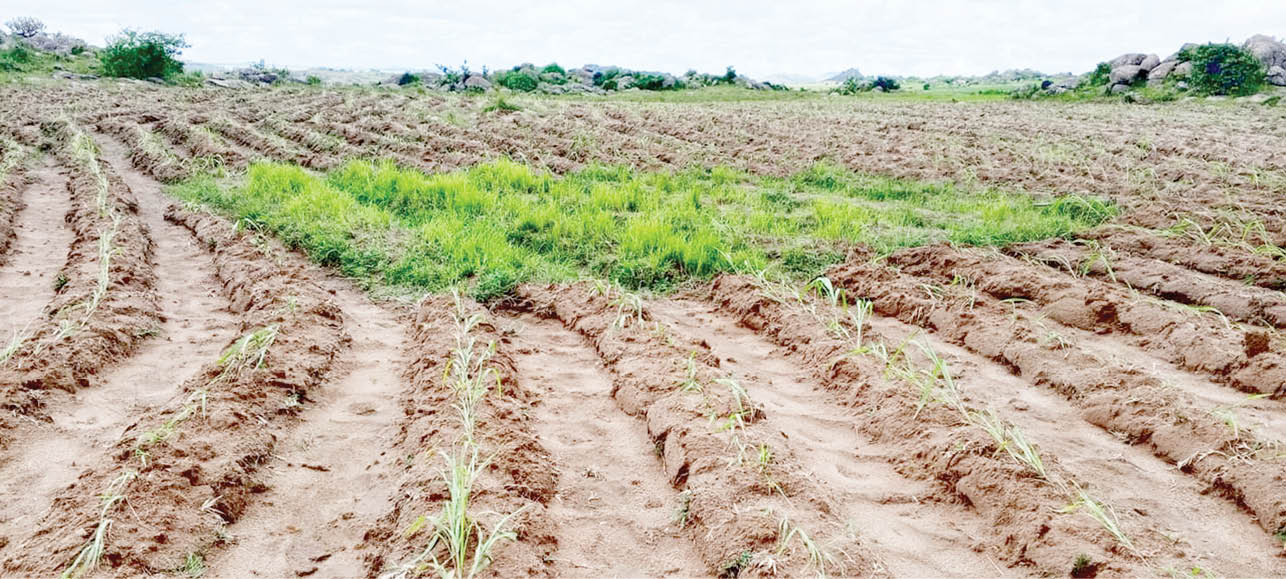Plateau State is well-regarded for its agricultural activities, particularly due to its favorable climate for growing a variety of crops, including vegetables and fruits. Among these, Acha, also known as fonio, stands out as a significant crop, with Plateau being one of the leading regions for its cultivation in Nigeria.
Acha is praised for its rich nutritional profile, including high levels of zinc, magnesium, manganese, potassium, and essential amino acids. It’s known for its energy-boosting properties, digestive benefits, cardiovascular health support, and suitability for diabetics. The United Nations Food and Agriculture Organization (FAO) highlights Acha for its high calcium content.
For decades, Plateau State has been cultivating Acha, traditionally using local varieties. However, there are newer, improved varieties that promise better yields. Unfortunately, these advanced varieties are hard to come by, leaving many farmers reliant on traditional options.
The National Cereal Research Institute (NCRI) has developed and released two improved Acha varieties: NCRIACH 1 and NCRIACH 2. NCRIACH 1 matures in 130-140 days, offers a 41.87% yield advantage over traditional varieties, and is resistant to leaf miner pests. NCRIACH 2 matures in 128-135 days, boasts a 47.45% yield advantage, and is notable for its good tillering ability and resistance to lodging. Both varieties are praised for their grain quality and market value.
Despite these benefits, the improved varieties are currently scarce. Farmers often obtain them from an agricultural center in Riyom Local Government Area, but supply is limited, and advance booking is required. As a result, many farmers continue to use traditional varieties, which present their own set of challenges.
Farmers face several issues, including limited access to fertilizers (although some varieties need less), pest infestations, inadequate pest and weed-control chemicals, and cattle grazing. James Bature, a farmer with over 30 years of experience, still uses traditional varieties due to the scarcity of improved ones. He finds the traditional variety’s yield diminishing over time and struggles with issues like pest and cattle damage. Despite this, he anticipates a good yield from the improved variety when available.
Sunday Baren, another farmer and the chairman of the Christian Association of Nigeria (CAN) in Riyom, notes that the cost of Acha seeds has increased significantly, from about N700 to N2,500 per measure. He also shares that pre-planting weed-control measures are more effective than applying chemicals once the plants are already growing. He planted one bag of Acha this year and is awaiting the harvest.
Yohanna Davou, who has been farming Acha for about 35 years, mentions that heavy rainfall this year has posed some challenges, particularly in waterlogged areas. Despite this, he expects a good yield and plans to save some of his harvest for personal use while selling the rest.
Atong James, a female farmer from Lamingo in Jos-North, buys Acha seeds at around N2,000 per measure. She, like many others, faces difficulties in accessing improved varieties but continues to manage with the traditional options available.
Overall, the scarcity of improved Acha seeds is impacting farmers in Plateau State, limiting their ability to enhance their yields and productivity.





